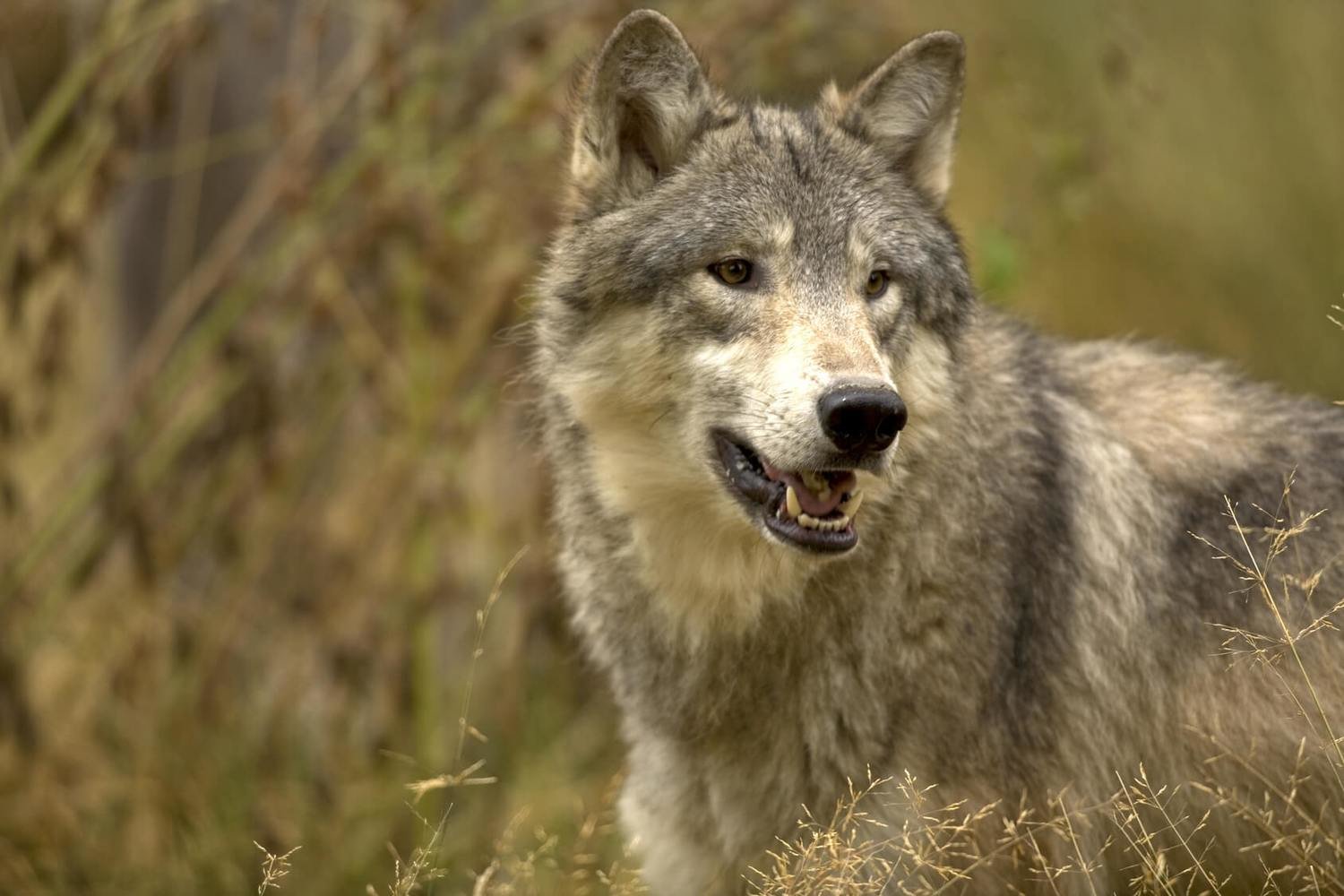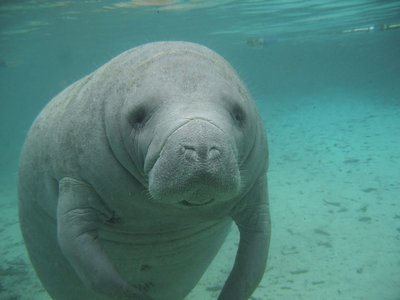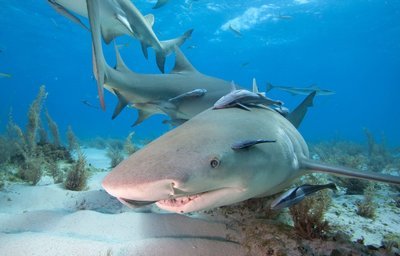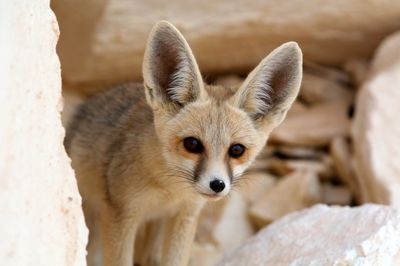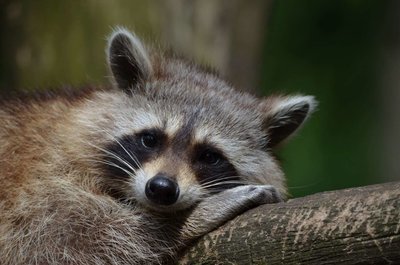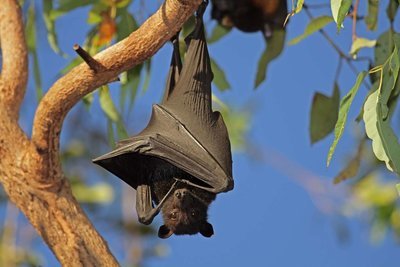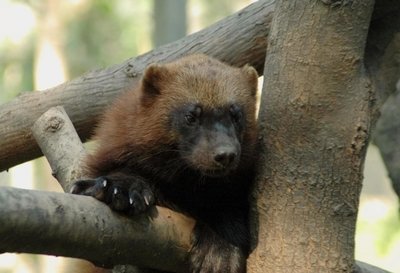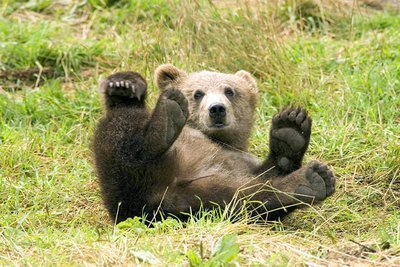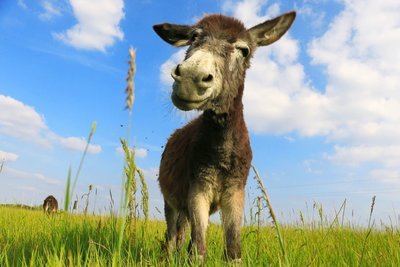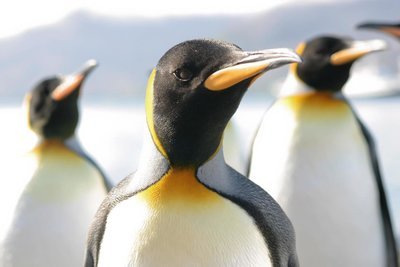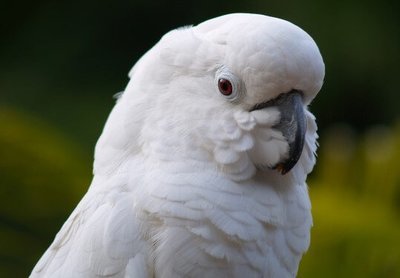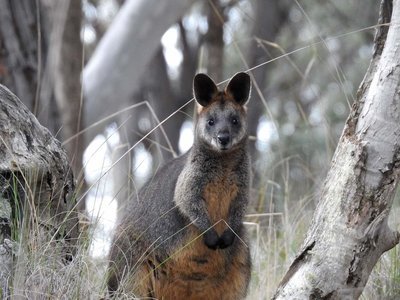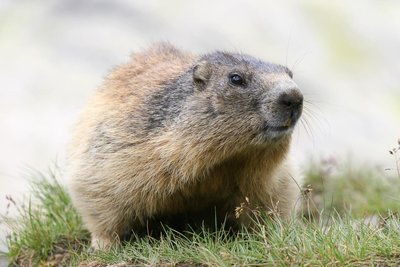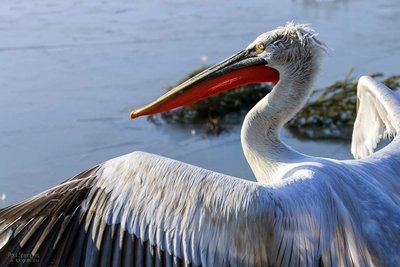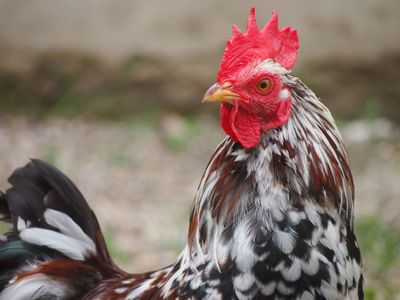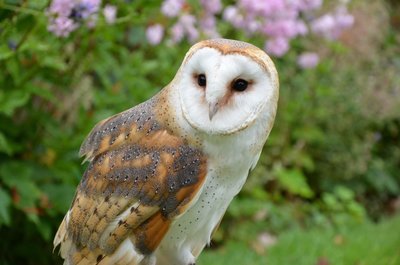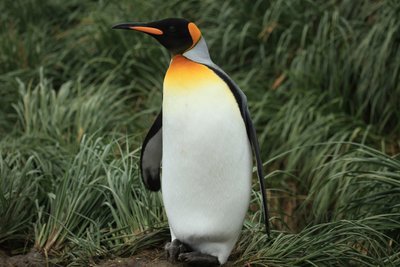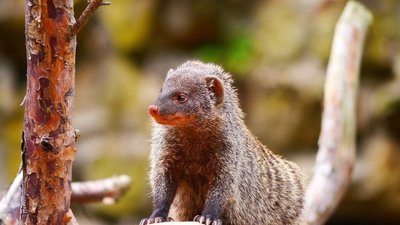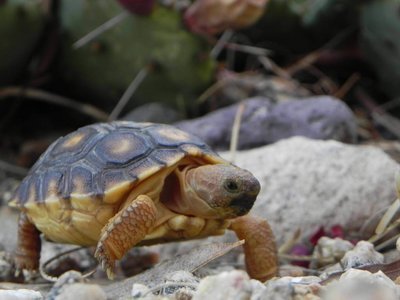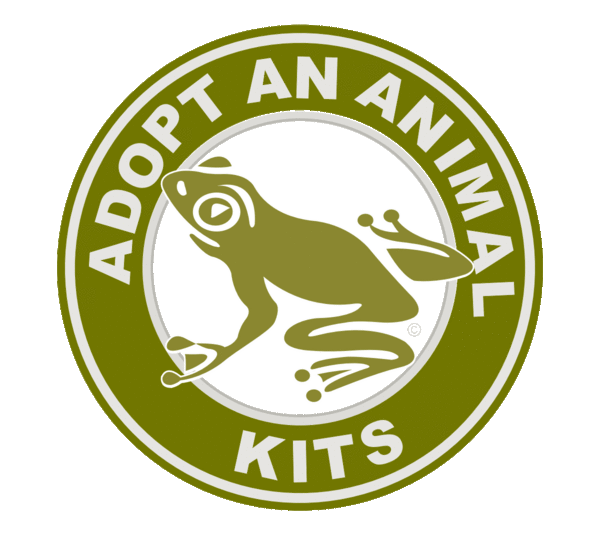

Adopt An Animal Kits
Adopt An Animal symbolically. Your Adopt An Animal Kit comes in a Deluxe Folder and includes: Glossy Photo of Your Adopted Animal; Adopt An Animal Adoption Certificate; Fact Sheet About Your Adopted Animal; Help Animals Info Cards Packed With Information On Animal Issues & How You Can Help Animals And The Environment. Adopt An Animal for Yourself or as a Gift.
Adopt A Wolf
Adopt A Wolf
Your Adopt A Wolf Kit comes in a Deluxe Folder and includes:
- Glossy Photo Of Your Adopted Wolf
- Adopt A Wolf Adoption Certificate
- Fact Sheet About Your Adopted Wolf
- Help Animals Info Cards Packed With Information On Animal Issues & How You Can Help Animals And The Environment
Adopt A Wolf Kits make great gifts and can be sent directly to the recipient. Simply supply the recipient's name and mailing address as shipping information. We'll even include a letter stating the Adopt An Animal Kit is from you.
Adopt An Animal symbolic adoption is a one time fee. Adopt an animal for yourself or order an Adopt An Animal Kit as a gift. Help make a difference for animals - Adopt An Animal Today!
Adopt A Wolf
The wolf is the largest wild member of the canine family. On average, wolves stand 26 to 32 inches at the shoulder and weigh 55 to 115 pounds. Females are usually slightly smaller than males. They range in color from grizzled gray or black to all white.
Wolves are built for stamina, possessing features tailored for long distance travel. Narrow chests and powerful backs and legs contribute to the wolf's proficiency for efficient locomotion. They are capable of covering several miles trotting at about a 6 mph pace, though they have been known to reach speeds approaching 40 mph during a chase.
Gray wolves are listed as endangered in the Southwest under the Endangered Species Act (ESA) and threatened throughout the lower 48 states. Wolves in Alaska are not listed under the ESA. Endangered means a species is considered in danger of extinction throughout all or a significant portion of its range, and threatened means a species may become endangered in the foreseeable future. Regions of Yellowstone, central Idaho and the Southwest are designated as non-essential experimental populations, which isolate geographically-described groups from other existing populations and offer special regulations.
Wolves live up to 12 years. They can be found in forests, and on tundra, deserts, plains and mountains. They normally prey on large hoofed mammals such as deer and elk, but occasionally prey on smaller animals such as beavers or rabbits.
Wolves live in packs, which are complex social structures that include the breeding adult pair (the alpha male and female) and their offspring. A hierarchy of dominant and subordinate animals within the pack help it to function as a unit. The pack is led by the two individuals that sit atop the social hierarchy — the alpha male and the alpha female. The alpha pair (of whom only one may be the "top" alpha) has the greatest amount of social freedom compared to the rest of the pack, but they are not "leaders" in the human sense of the term. The alphas do not give the other wolves orders; rather, they simply have the most freedom in choosing where to go, what to do, and when to do it. Possessing strong instincts for fellowship, the rest of the pack usually follows.
Wolves communicate by scent-marking, vocalizing (including howling), facial expressions and body postures. They can visually communicate an impressive variety of expressions and moods that range from subtler signals – such as a slight shift in weight – to the more obvious ones – like rolling on the back as a sign of complete submission.
Wolves howl for several reasons. Howling helps pack members keep in touch, allowing them to effectively communicate in thickly forested areas or over great distances. Furthermore, howling helps to summon pack members to a specific location. Howling can also serve as a declaration of territory, as portrayed by a dominant wolf's tendency to respond to a human imitation of a "rival" individual in an area that the wolf considers its own. This behavior is also stimulated when a pack has something to protect, such as a fresh kill. Wolves will also howl for communal reasons—similar to community singing among humans.
Usually, only the alpha pair is able to successfully rear a litter of pups (other wolves in a pack may breed, but will usually lack the resources required to raise the pups to maturity). They mate in January or February. Females give birth two months later to a litter of pups. An average litter is four to seven pups. All the wolves in the pack assist in raising wolf pups. Some mature individuals, usually females, may choose to stay in the original pack so as to reinforce it and help rear more pups. Most, males particularly, will disperse however.
The size of the pack may change over time and is controlled by several factors, including habitat, personalities of individual wolves within a pack, and food supply. Packs can contain between two and twenty wolves, though an average pack consists of six or seven. New packs are formed when a wolf leaves its birth pack and claims a territory. Lone wolves searching for other individuals can travel very long distances seeking out suitable territories.
Wolves, like other canines, use scent marking to lay claim to anything from territory to fresh kills.
THREATS TO WOLVES
The illegal killing of wolves has become a leading threat to their survival. Another serious problem is human encroachment into wolf territory, which leads to habitat loss for wolves. As long as there is enough prey, wolves seem to avoid taking livestock, often ignoring them entirely. However, some wolves or packs can specialize in hunting livestock once the behavior is learned. In some areas across the world, hunters or state officials will hunt wolves from helicopters or light planes to "control" populations (or, in some instances, for sport), claiming it is the most effective way to control wolf numbers. Wolves are frequently trapped, in the areas where it is legal, using inhumane snares or leg hold traps. The economic value of wolf pelts is limited, so it is mainly a recreation activity. Wolf trapping has come under heavy fire from animal rights groups. Wolves are also inhumanely bred for their fur in some locations.
Adopt Adopt An Animal Kits
Our Adopt An Animal Kits are educational packets that allow you to symbolically adopt a favorite animal species and contain a variety of information promoting the protection of wildlife, companion animals, farm animals and the environment. By purchasing a symbolic adoption kit you will receive a packet of information regarding daily choices you can make to help the earth and animals.
Your Adopt An Animal Kit comes in a Deluxe Folder and includes:
Glossy Photo Of Your Adopted AnimalAdopt An Animal Adoption CertificateFact Sheet About Your Adopted AnimalHelp Animals Info Cards Packed With Information On Animal Issues & How You Can Help Animals And The Environment.
Adopt an animal for yourself or order an Adopt An Animal Kit as a gift. Symbolically adopting an animal is the perfect gift for a loved one who loves animals, and helps to promote the compassionate treatment of animals and respect for the environment by offering information on how to help the earth and animals. Adopt An Animal Kits can be sent directly to the recipient: simply supply the recipient's name and mailing address as shipping information. We'll even include a letter stating the Adopt An Animal Kit is from you.
Adopt An Animal Kits is a small, independent business not affiliated with any other business, non profit or charitable organization.
Fast Shipping!
Shipping time for Adopt An Animal Kits averages 2 to 4 business days - USA. Allow additional time for Adopt An Animal Kits orders outside the USA. Your Adopt An Animal Packet will arrive approximately 2 to 4 business days following shipping date. Shipping for Adopt An Animal Kits within the USA is by U.S.P.S. Priority Mail.
INTERNATIONAL ORDERS: Average shipping time for Adopt An Animal Kits outside of the USA is 5 to 14 business days, including Canada. International Shipping & Handling for Adopt An Animal Kits is by U.S.P.S. First Class Mail.
About Us
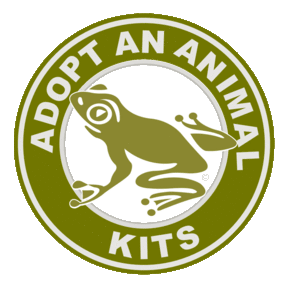
Adopt An Animal Kits, LLC
The world is teaming with an amazing diversity of animals. Some species are beautiful, others bizarre — but they all are important to the ecosystem and deserve our respect, compassion and protection. Unfortunately, many animal species are declining at a rapid rate as a result of irresponsible human activities. Habitat destruction, pollution, hunting, poor agricultural practices and changes in climate are among the threats faced by wildlife and domestic animals.
Adopt An Animal Kits, LLC is a small business who believes in promoting the advancement of compassionate living by educating the public about animal and environmental issues and what individuals can do to prevent cruelty to animals. Through our work, we strive to eliminate the prejudice of animals (speciesism) through educational efforts. Our business produces printed and printable educational materials available to individuals with an interest in earth and animal topics. Our Adopt An Animal Kits seek to educate and influence individuals on environmental and animal issues. The purchase of an Adopt An Animal Kit allows you to symbolically adopt your, or your loved one's, favorite animal species while promoting the protection of wildlife, companion animals, farm animals and the environment. Rather than adopting an indivdual animal, you are symbolicly adopting the species. Each kit contains a collection of information on how you or your loved one can make daily choices to help animals and the environment.
Our website provides an information portal regarding these issues. Information posted on the site is free of charge and available to anyone with an interest. Our printed and printable materials are available to individuals with an interest in earth and animal issues. We produce hundreds of fact sheets, flyers, and digital materials regarding environmental and animal issues. Most materials are available at no cost to anyone with an interest.
Adopt An Animal Kits, LLC is not a charitable or nonprofit organization.
